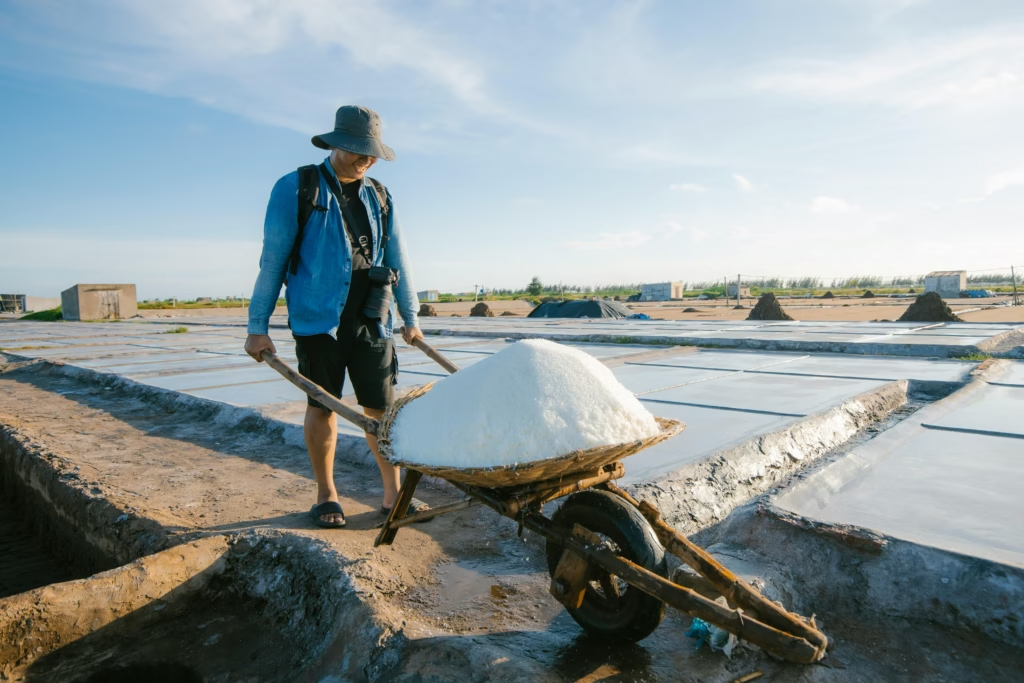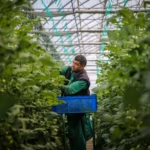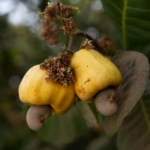
Africa’s agricultural sector is flourishing like never before. With increasing demand for African commodities such as nuts, oilseeds, grains, and spices across the globe, the opportunity for agricultural exporters is massive. However, the path to global markets is not without its challenges. One of the biggest hurdles is understanding and navigating trade regulations agriculture demands — a complex but crucial part of successful export operations.
For African farmers and agri-businesses looking to expand internationally, knowing the right trade laws, compliance requirements, and certifications is essential. In this blog, we’ll break down the key aspects of trade regulations agriculture exporters must understand to thrive in the competitive global marketplace.
Why Trade Regulations Matter in Agriculture
Exporting agricultural products is not as simple as growing crops and shipping them overseas. Countries worldwide have strict import standards to protect their economies, consumers, and ecosystems. These standards often involve food safety laws, quality certifications, tariff rules, labeling requirements, and customs procedures.
Understanding trade regulations agriculture involves ensures that products meet destination market standards. It also reduces delays at ports, prevents costly fines, and builds trust with international buyers. For African exporters especially, adhering to the right regulations means unlocking better prices and accessing premium global markets.
Major Trade Regulations Agriculture Exporters Must Follow
Here’s a breakdown of the key regulatory areas every African agricultural exporter should be familiar with:
1. Phytosanitary Standards
Phytosanitary regulations focus on protecting plants from pests and diseases. Exporters must often obtain phytosanitary certificates issued by their national plant protection organizations. This certificate assures importing countries that agricultural goods like grains, nuts, and spices meet their health and safety standards.
Countries like the European Union, the United States, and China have particularly stringent phytosanitary regulations. Failing to comply can lead to goods being rejected at the border or destroyed, resulting in major losses.
2. Food Safety Certifications
Many international markets require agricultural products to be certified under globally recognized food safety schemes. Standards such as GlobalG.A.P., HACCP (Hazard Analysis and Critical Control Points), and ISO 22000 help verify that products have been grown, processed, and packaged under safe conditions.
For African exporters, gaining food safety certifications can seem daunting, but it is often necessary to compete internationally. It signals professionalism and gives buyers confidence in product quality.
3. Tariffs and Trade Agreements
Tariffs can significantly affect the profitability of agricultural exports. Each country sets its own import duties, and understanding them is crucial for pricing products competitively.
Fortunately, many African nations benefit from trade agreements that lower tariffs for agricultural products. For example, the African Growth and Opportunity Act (AGOA) gives eligible African countries duty-free access to U.S. markets. Similarly, the Economic Partnership Agreements (EPAs) between African countries and the EU also offer favorable terms.
Keeping up with changes in tariffs and agreements is a key part of mastering trade regulations agriculture exporters must navigate.
4. Labeling and Packaging Requirements
Each market has specific rules about how agricultural products should be labeled and packaged. Information such as the country of origin, product grade, net weight, and handling instructions must be clearly marked.
Inaccurate labeling can cause shipments to be delayed, fined, or rejected. Exporters must make sure their packaging meets the destination country’s standards, which sometimes differ significantly between regions.
For instance, organic products entering the EU must have specific EU organic logos and certifications clearly displayed. Paying attention to these details is crucial for smooth international trade.
5. Environmental and Ethical Standards
More than ever, international buyers are interested in sourcing agricultural products that are sustainably and ethically produced. Many countries now have environmental regulations that cover how products are grown, processed, and transported.
Exporters should be aware of certifications related to sustainable agriculture, such as Rainforest Alliance or Fairtrade, as they can enhance a product’s appeal in high-end markets. Following ethical sourcing standards is becoming an integral part of trade regulations agriculture exporters must understand if they want to be competitive globally.
How African Exporters Can Stay Compliant
Navigating the complex world of trade regulations may sound intimidating, but it is manageable with the right approach:
- Partner with Export Experts ( Like Ahar Groups): Working with export consultants or local trade promotion agencies can help new exporters understand destination country requirements.
- Invest in Training: Regular training for farm workers and processing staff ensures that production processes meet international standards.
- Use Certification Services: Many African countries now have local agencies accredited to provide international food safety and quality certifications.
- Leverage Technology: Digital platforms can help exporters track compliance deadlines, documentation requirements, and regulatory changes.
- Build Strong Logistics Networks: Reliable shipping and customs brokers familiar with trade regulations agriculture requirements can help ensure smooth export operations.
The Future of African Agricultural Exports
The global market is hungry for African agricultural products — from cashews in Côte d’Ivoire to sesame seeds in Ethiopia and coffee in Kenya. However, as global consumers demand higher quality, transparency, and sustainability, the importance of complying with international trade regulations will only grow.
African exporters who prioritize compliance will not just survive; they will thrive. Mastering trade regulations agriculture exporters face is an investment in long-term success. It allows African businesses to build strong relationships with international buyers, achieve better pricing, and access larger markets.
In the coming years, initiatives like the African Continental Free Trade Area (AfCFTA) are expected to further streamline trade within Africa and beyond. Still, global trade will always require careful attention to regulations.
By embracing compliance and building capacity, African agricultural exporters can move from being regional players to global leaders. The world is ready to buy — the key is ensuring that African farmers and agri-businesses are ready to sell, legally and competitively.











Add comment